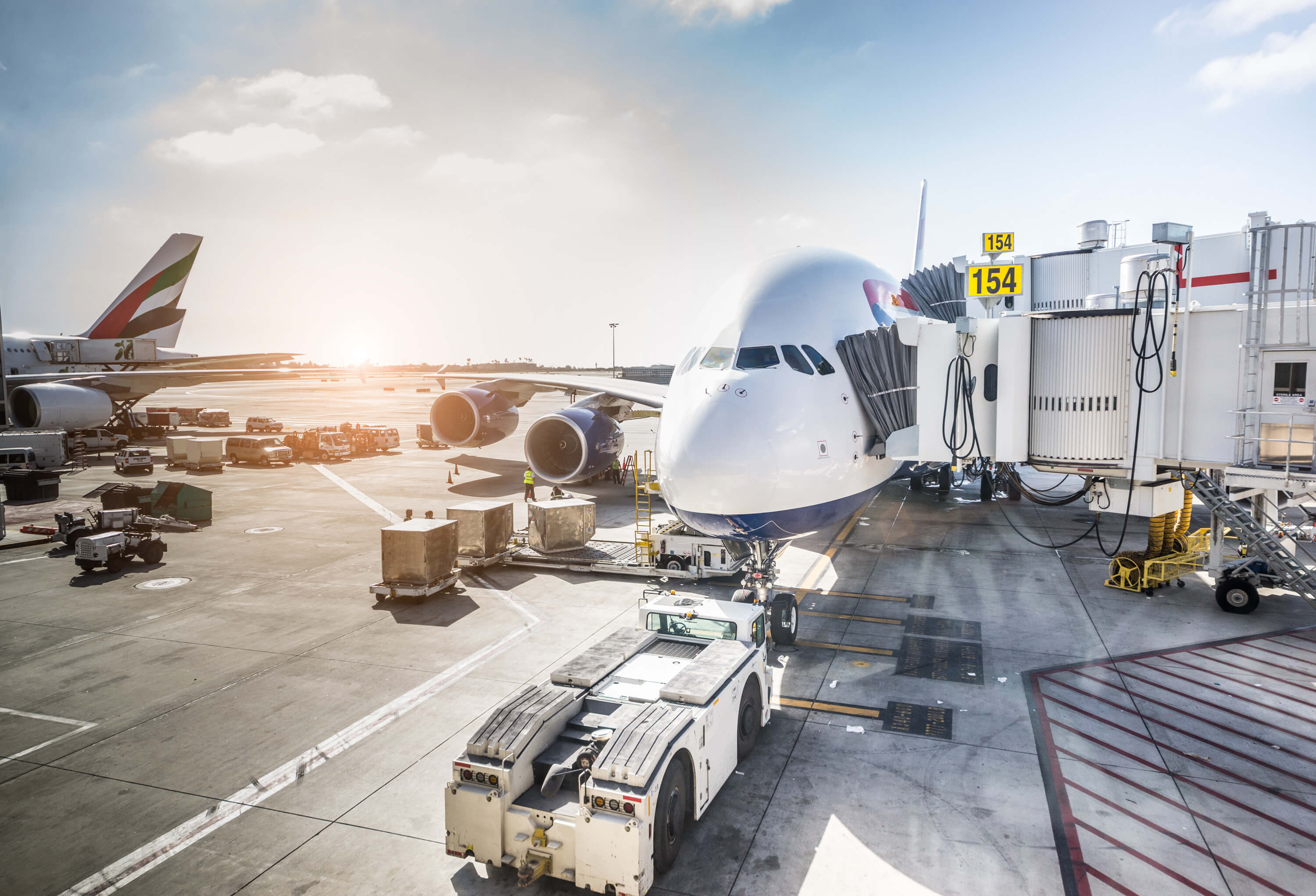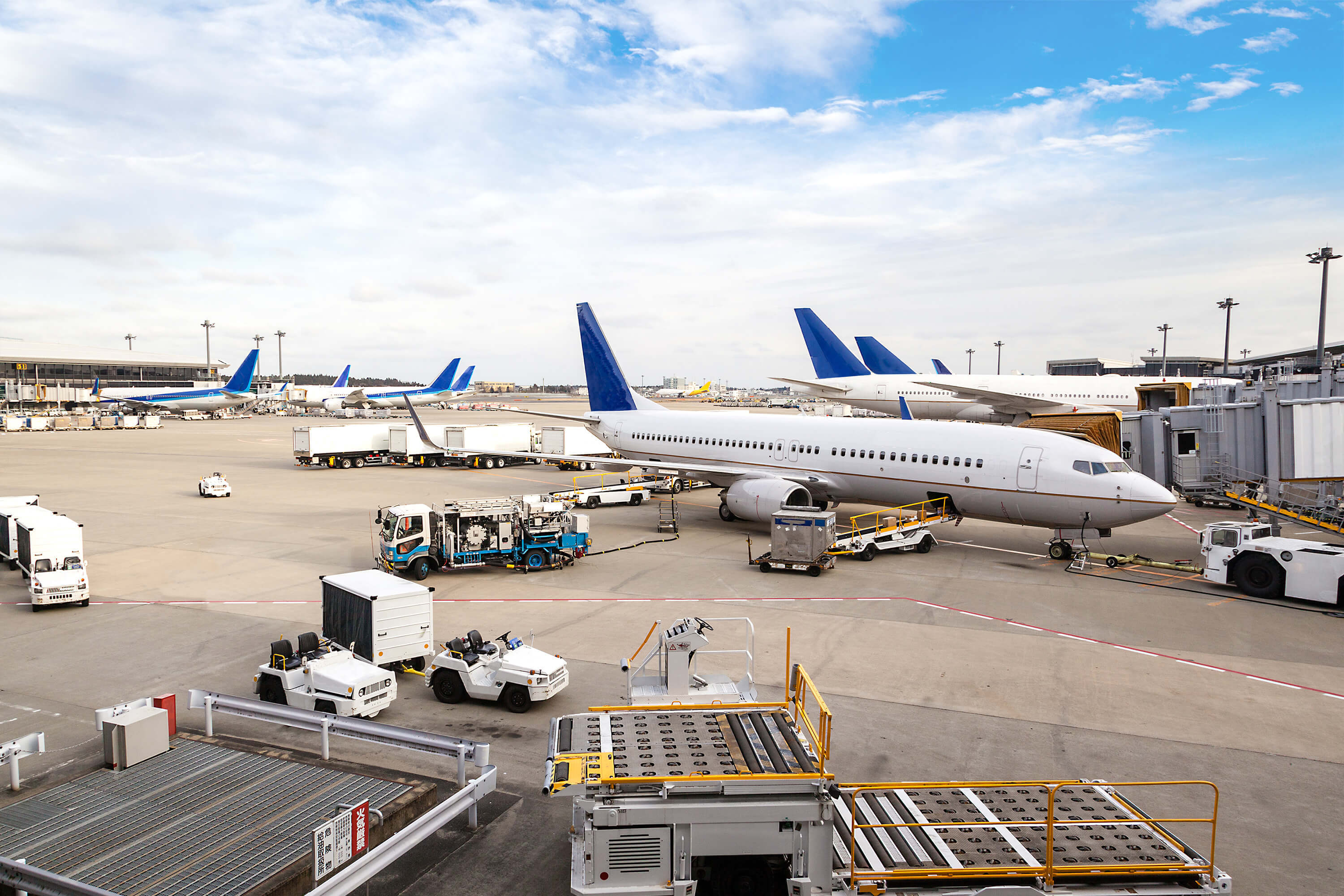Smart airports: Transforming travel through digitization

In an era where digital technologies are reshaping industries, airports are embracing the concept of "smart airports" to enhance efficiency, improve passenger experiences, and optimize operations. Smart airports leverage digitization and advanced technologies to streamline processes, enhance security, and provide personalized services. This article explores the concept of smart airports and how digitization is revolutionizing the way we travel.
The introduction of smart airports
Smart airports represent a paradigm shift in the aviation industry, where airports leverage data-driven technologies to create seamless and efficient travel experiences. Through the integration of various digital solutions, such as Internet of Things (IoT), artificial intelligence (AI), big data analytics, and cloud computing, airports are transforming into interconnected ecosystems capable of delivering enhanced services to passengers and optimizing operations.
Enhanced passenger experience
One of the key objectives of smart airports is to provide passengers with a more convenient and personalized travel experience. Digitization enables airports to offer features such as real-time flight information, mobile check-in, and self-service kiosks, reducing waiting times and enhancing passenger satisfaction. Smart airports also utilize location-based services to guide passengers through terminals, providing them with relevant information and personalized notifications about gate changes, baggage tracking, and security procedures.
Digitization plays a crucial role in optimizing airport operations, leading to increased efficiency and cost savings. Smart airports leverage IoT sensors and data analytics to monitor and manage resources effectively. For instance, connected sensors can track baggage movements, optimizing the baggage handling process and reducing the likelihood of lost luggage. AI-powered algorithms can optimize runway utilization, airspace management, and ground operations, resulting in reduced delays and increased capacity.
Improved security and safety measures
Smart airports prioritize passenger security and safety by leveraging digitization. Advanced technologies such as facial recognition, biometric identification, and video analytics are employed to enhance security protocols. Automated screening processes expedite security checks, while real-time monitoring systems identify and respond to potential threats swiftly. These technologies not only enhance security but also ensure a seamless and hassle-free experience for passengers.
Smart airports embrace sustainable practices by leveraging digitization to optimize energy consumption, reduce waste, and lower their carbon footprint. IoT sensors and data analytics enable efficient monitoring of energy usage, allowing airports to identify areas of improvement and implement energy-saving measures. Digitization also supports waste management systems, including smart recycling initiatives and resource optimization, contributing to the overall sustainability of airports.
Challenges at smart airports
While the potential benefits of smart airports are immense, several challenges need to be addressed for successful implementation. Data security and privacy concerns, integration of diverse technologies and systems, and the need for collaborative efforts between airlines, airport authorities, and technology providers are among the challenges faced.
Looking ahead, smart airports will continue to evolve with advancements in technology. The integration of 5G connectivity will enable faster and more reliable data transfer, facilitating seamless operations and enhanced passenger experiences. Further developments in AI, IoT, and data analytics will unlock new possibilities, allowing airports to anticipate passenger needs, deliver personalized services, and optimize resource allocation.
The digitization of airports is transforming the way we travel, enabling smart airports to deliver seamless, efficient, and personalized experiences to passengers. Through the integration of advanced technologies, airports are improving operational efficiency, enhancing security measures, and prioritizing passenger satisfaction. As the world embraces digital transformation, smart airports will play a pivotal role in shaping the future of air travel, offering an innovative and interconnected ecosystem that caters to the needs of modern travelers.
Latest posts
What to do if your flight is delayed or cancelled: Guide
Learn what you can do if your flight is delayed or canceled and how to make use of your rights.
What to do if you miss your connecting flight: A guide
Learn what to do if you miss your connecting flight. Tips on compensation, rebooking, and your rights!
UK flight compensation laws: What changed after Brexit?
Flight compensation in the United Kingdom post-Brexit: Claims for flight delays, cancellations, and denied boarding.
About MYFLYRIGHT
MYFLYRIGHT is a legal tech company, specialized in the support of airline passengers affected by flight delays, flight cancellations, denied boarding, delayed or lost luggage and the refund of unused airline tickets. MYFLYRIGHT was founded 2016 in Hamburg, Germany. The company operates out of 3 offices, its headquarter in Hamburg and its branches in Prague, Czech Republic and Zaporizhia, Ukraine. Currently, MYFLYRIGHT employs a team of around 25 people working in Marketing, Operations, Legal, Customer Support and IT. The organization operates across 5 markets – Germany, United Kingdom, Romania, Austria, and Switzerland.
MYFLYRIGHT’s goal is to provide access to justice for all aviation passengers who experience irregularities in their flight transportation. Notably, 75% of all compensation requests submitted by passengers get rejected. Whereas, MYFLYRIGHT is able to successfully execute the applicable customer claims in more than 98% of cases at court.












